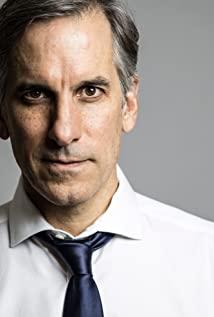It is a pity that the highlight of Alicia's role ends here, and Coppola, who is also the director and screenwriter, will move the center to Edwina. Her role is indeed worth writing about: she was the one who pushed McBurney down the stairs and maimed him, and it was she who gave him "love" (although McBurney probably didn't have the ability to receive love, it's really only the word to describe it) . If it weren't for Edwina, the materialized McBurney wouldn't be able to integrate with the progression of the plot. And this involuntary shift of focus also prevented Edwina from getting the chance to get the whole film, and only made an eye-popping choice in the second half. Three generations of actors, old, middle and young, gathered together, and it must be difficult for Coppola to choose.
And Alicia seems to have been just an object since then: she has become a catalyst for the conflict between Edwina and McBurney in what seems to be the more obvious contradiction between Edwina and Mm. Martha—she can only be an object at the moment . Although she still showed a rather black-bellied defense after that, her limelight was far less than the two younger characters, and the previous rebellious image was gone. In fact, in The Neon Demon, Fanning's situation is similar - in the middle of the mysterious story, she seems to be inspired by some kind of symbol above the flashy Los Angeles, but she immediately dies in fear and mediocrity, only Destiny to be devoured - to be devoured is simply the highest interpretation of the object.
Having said so many bad things, I probably just think that Fanning may need some luck to get a good movie - after all, Kristen Stewart also played a Twilight Saga that was far inferior to The Neon Demon and The Beguiled not long ago.
View more about The Beguiled reviews











